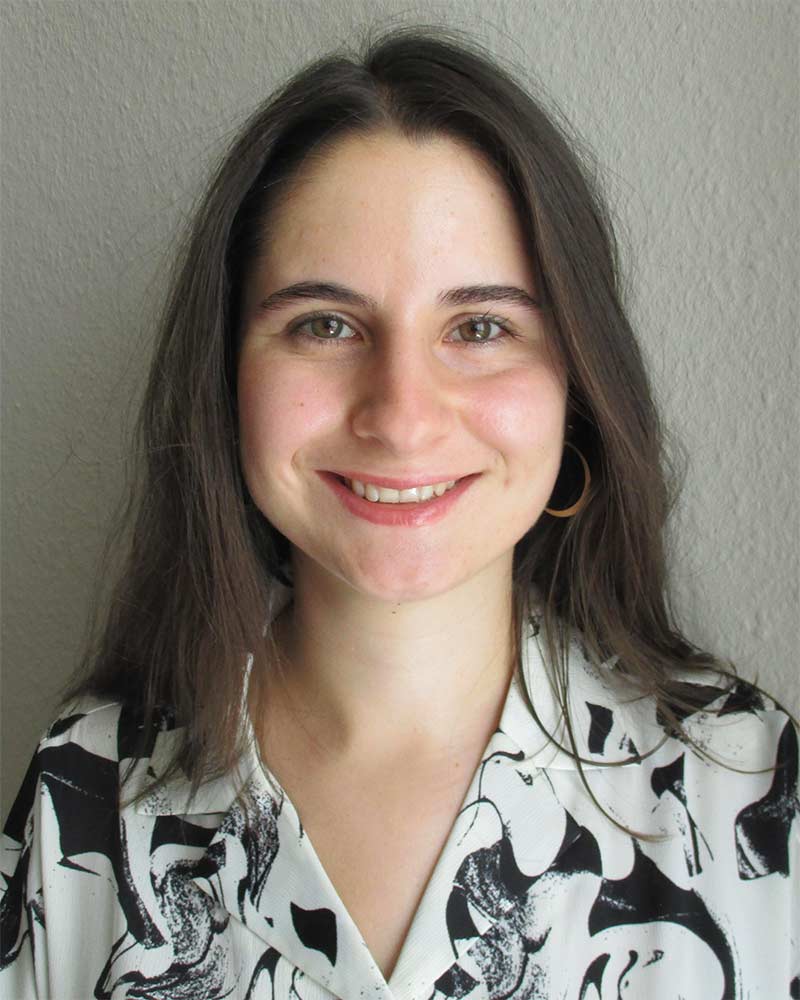
Sophie Bärtlein
2018-2023: Civic educator and educational assistant in various civic education projects on anti-Muslim racism, realities of Muslim life in Europe, discrimination, and the social participation of marginalized groups in Europe at the migrant organization La Red – Vernetzung und Integration e.V., Berlin
2018-2022: M.A, in Islamic Studies (Focus: Islam in Europe), Freie Universität Berlin, Germany
2014-2018: B.A. in History and Culture of the Middle East (Focus: Islamic Studies), Freie Universität Berlin, Germany / German Jordanian University Amman, Jordan
Publications
Bärtlein, S., & Gissler, C. (2021). Erinnern und Vergessen: Das »Halbmondlager« in Wünsdorf. In Stenske, L., & Bioly, T. (Eds.), Muslimisches Leben in Ostdeutschland. DOI: 10.36730/2021.2.mlo.
Bärtlein, S. & Nissen, N. (2021). Jinn and mental suffering by immigrants in Europe: A review of literature. In Böttcher, A., & Krawietz, B. (Eds.), Islam, Migration and Jinn: Spiritual Medicine in Muslim Health Management (pp. 163–183). Cham: Palgrave Macmillan.
Multi-religious spaces transfer specific imaginations and perceptions of religion(s), social coexistence, and religious plurality. They function as carriers and co-creators of collective memories and social imaginaries. Therefore, they play an important role in the regulation of religious diversity. This research investigates to what extent multi-religious spaces contribute to the visibility and participation of Muslim minorities in secular-urban contexts and asks which different modes of agency unfold in multi-religious spaces.
The focus of my analysis is the interrelation between material space, meaning architecture, buildings, the city, and immaterial space, such as debates on Islam and Muslims, (discursive) practices, socials structures, the production and reception of knowledge. My research understands these spaces as an essential part in the constitution of religious subjects. Thereby I point to the entanglements of the secular, the religious and space(s). What role do power asymmetries play in multi-religious spaces? Which images and which knowledge about “religion(s)” are produced through multi-religious spaces? To what extend do local and national contexts influence the role of Muslims in multi-religious initiatives and spaces? Can multi-religious spaces function as counter-spaces that resist normative notions of society? While also pointing to the political implications of these spaces this research primarily investigates the negotiation processes within these spaces and the potentials of efficacy and agency for Muslims. Therefore, the project examines multi-religious initiatives and spaces that have emerged from different social, financial, and political circumstances and contexts.